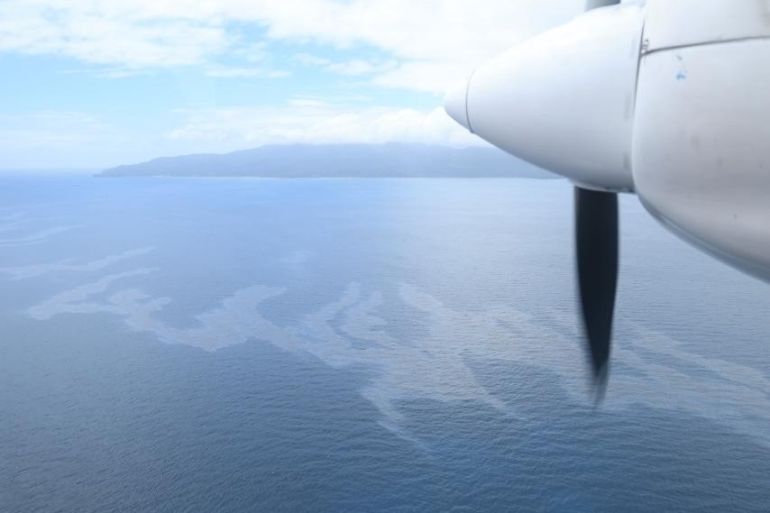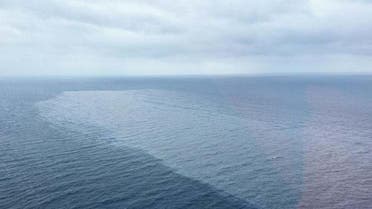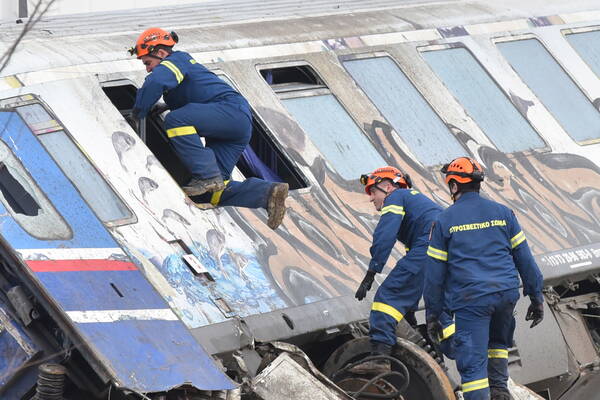
Romanian Prime Minister Nicolae Ciuca (left) converses with Ion (right).
By bne IntelliNews March 2, 2023
Romanian Prime Minister Nicolae Ciuca introduced his new "honorary adviser”, an AI assistant called Ion, on March 1.
Ciuca said in a video presentation that Ion is the first assistant of its kind. Ion’s primary function is to scan social media platforms to provide the government with real-time information on what the population want.
"Hi, you gave me life and my role is now to represent you, like a mirror,” Ion said as he was presented, a video from the presentation showed.
“What should I know about Romania?” the AI assistant added.
According to the prime minister, Ion will "use technology and artificial intelligence to capture the opinions and desires” of the Romanian population by gathering data publicly available on social media platforms.
“At today's government meeting I scored a world first: the Romanian government is the first in the world to have an honorary advisor based on artificial intelligence,” Ciuca wrote on Facebook.
"It is called ION and it will collect, from the public space, the opinions of Romanians on different topics of general interest. This way, the government will be able to consult the public opinion at any time on matters that are discussed at the executive level. The project is 100% Romanian, from the design, to the software conception and the construction of the hardware support.”
More information is available via the project website, which claims it will the information in an “automated, natural, balanced and unbiased way”. It says Ion represents "the missing link in real-time communication between citizens and governments”. Publicly available data will be collected anonymously, the site said.
Romanians will also be able to use the site to engage with Ion.
Romania has a strong tech and IT sector and has also produced a growing number of successful tech startups.















